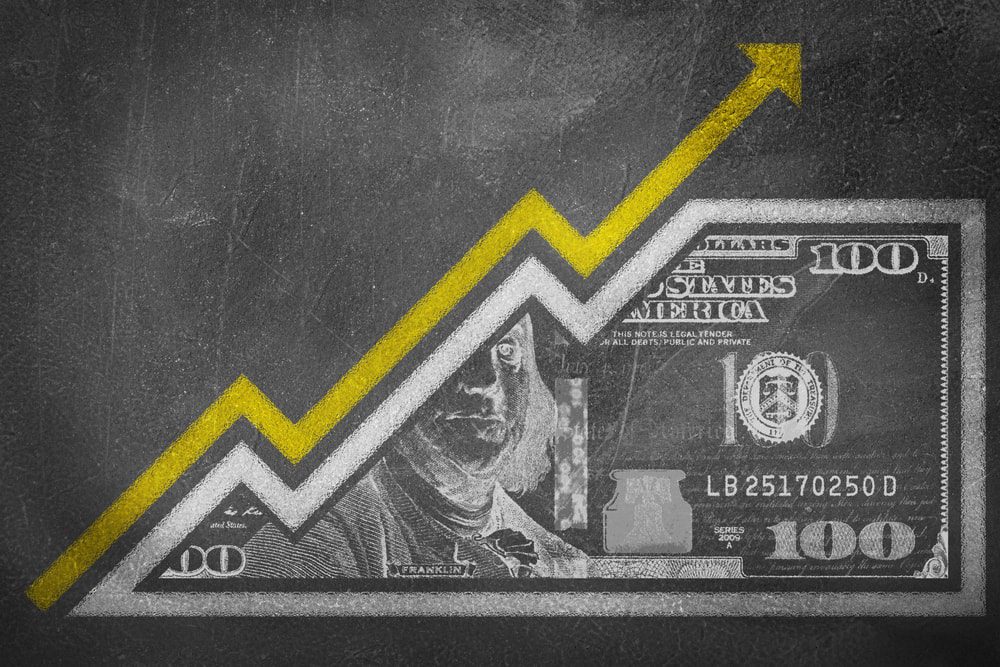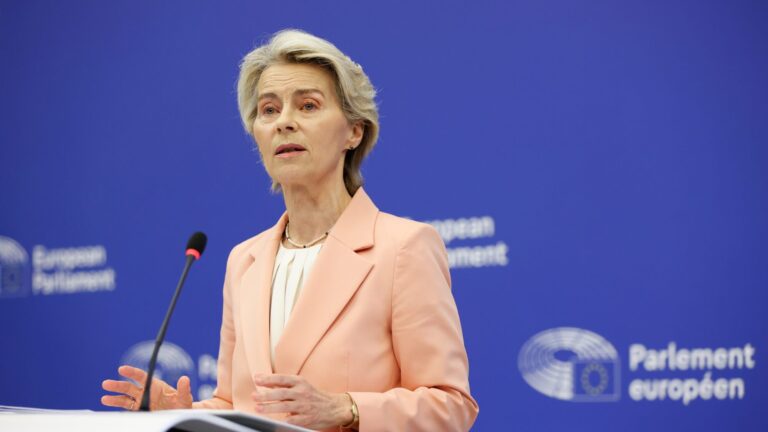As a result of the war in Ukraine, the U.S. dollar has attracted investors and gained strength relative to other main currencies. On March 14th, its exchange rate vs. the British pound sterling was the strongest it has been since October 2020.
The British central bank, the Bank of England, has long been expected to raise its interest rate at the meeting of its monetary policy committee on March 17th. According to a March 14th report by EUBusiness.com, those expectations remain, but have been challenged by the global financial uncertainty emerging from the war in Ukraine.
An interest-rate increase by the Bank of England would strengthen the sterling, but not necessarily against the dollar. The Federal Reserve is widely expected to continue with the interest-rates hikes it started last fall.
Following the sterling, the euro has also weakened vs. the dollar. At $1.0943 per euro on March 14th, the dollar stood at its strongest against the European currency since April 2019. The European Central Bank, ECB, has decided to keep interest rates unchanged, with the so-called deposit facility—a rate on overnight bank deposits—still negative at -0.5%.
While the ECB holds off on interest rate hikes, it has decided to taper off its asset purchase program ahead of schedule. This drawdown of its monetary stimulus is aimed at easing inflationary pressure in the euro-zone.
Previous statements from the ECB have suggested that the central bank does not regard its monetary stimulus a factor behind high inflation.





